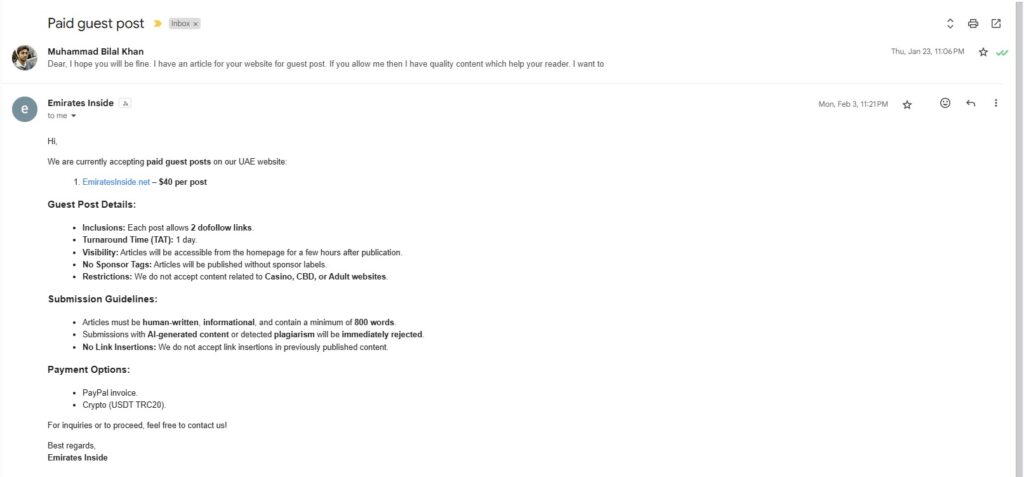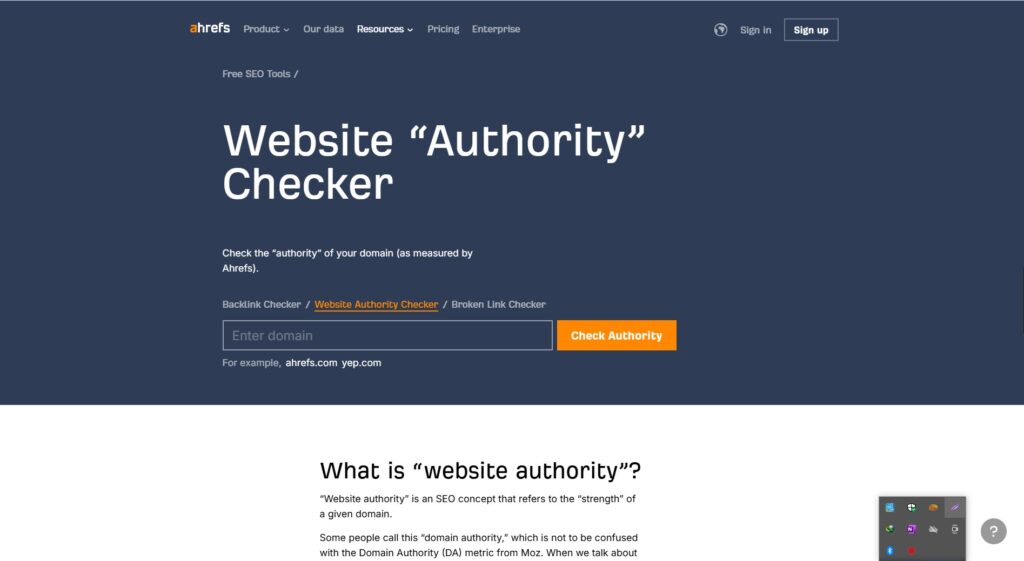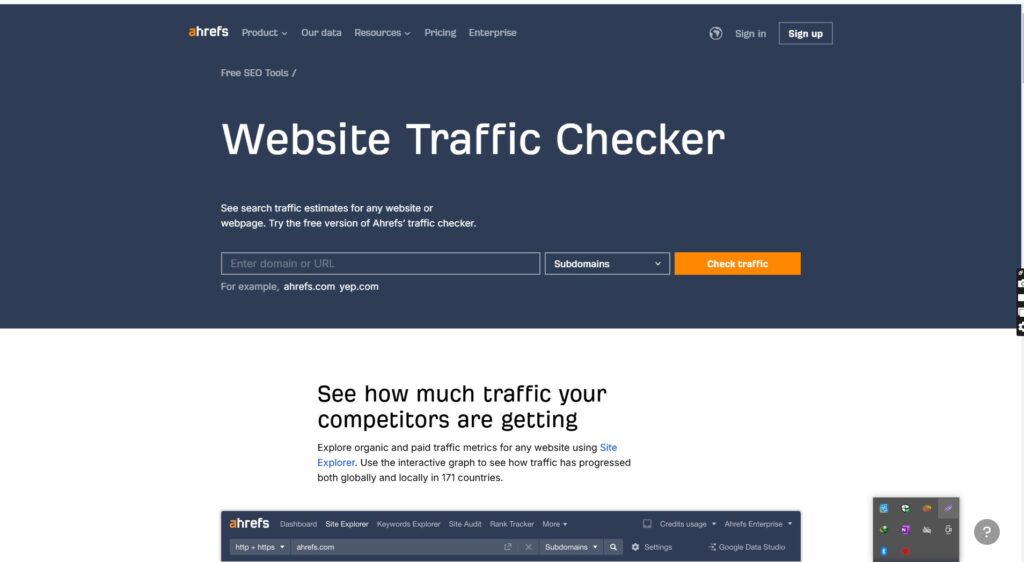Introduction: Why Guest Posting Is a Game-Changer
In the digital marketing world, guest posting is a powerful technique that can transform your online presence. Whether you’re a blogger, business owner, or digital marketer, guest posting helps you build authority, drive traffic, and enhance search engine rankings.
By writing high-quality articles for authoritative websites in your niche, you not only gain exposure but also earn valuable backlinks that improve your SEO. In this guide, we will explore everything you need to know about guest posting, including its benefits, how to find the right opportunities, and strategies to maximize its impact.
What Is Guest Posting?
Guest posting, also known as guest blogging, is the practice of writing content for another website to gain exposure and backlinks. This mutually beneficial strategy allows both parties to achieve their goals:
- The host website gets fresh, high-quality content.
- The guest author gains credibility, exposure, and a valuable backlink to their site.
Guest posting is widely used for:
✅ Building backlinks to improve search rankings
✅ Increasing brand visibility within your niche
✅ Driving targeted traffic to your website
✅ Establishing credibility and positioning yourself as an expert
It’s a win-win strategy when done correctly, but it requires planning, research, and high-quality content creation.
Possible Behaviors of Website Owners Regarding Guest Posting
Website owners have different attitudes toward guest posting based on their goals, past experiences, and SEO strategies. Some actively encourage guest posts, while others strictly prohibit them due to various concerns. Below are the most common behaviors of website owners when it comes to accepting or rejecting guest posts.
1. Website Owners Who Actively Accept Guest Posts
Many website owners welcome guest contributors because it benefits their site in multiple ways. Their behavior typically includes:
✅ Actively Seeking Guest Bloggers
- They create a “Write for Us” page, inviting writers to contribute.
- They advertise guest post opportunities on social media and online forums.
- They encourage contributions from industry experts, freelancers, and bloggers.
✅ Using Guest Posts to Expand Content Variety
- They believe guest posts bring fresh perspectives and unique insights.
- They see guest posting as a way to provide more diverse content to their readers.
✅ Focusing on High-Quality Content
- They set strict guidelines to ensure only well-researched, valuable content is published.
- They reject low-quality, spammy, or overly promotional submissions.
✅ Building Relationships Through Guest Posting
- They see guest blogging as an opportunity to collaborate with industry influencers.
- They allow guest posting selectively, prioritizing authors with credible backgrounds.
💡 Example Behavior:
A website that regularly publishes guest posts from industry leaders to build credibility and attract a larger audience.
some website owners accepts and gives prices like this

2. Website Owners Who Are Neutral About Guest Posting
Some website owners have a mixed approach to guest posting. They neither actively seek guest posts nor outright reject them. Their behavior includes:
🤔 Accepting Guest Posting on a Case-by-Case Basis
- They only allow guest posts from trusted individuals or well-known experts.
- They may accept guest posts if the content aligns with their brand’s goals.
🤔 Restricting the Number of Guest Posts
- They allow only a few guest posts per year to maintain content quality.
- They prioritize in-house writers but occasionally make exceptions.
🤔 Requesting a Collaboration or Fee
- Some website owners ask for a partnership instead of a one-time guest post.
- Some charge a publishing fee to ensure only serious contributors apply.
💡 Example Behavior:
A business blog that occasionally allows guest contributions but primarily relies on internal content creators.
3. Website Owners Who Do Not Allow Guest Posts
Many website owners strictly prohibit guest posts due to past negative experiences or specific business strategies. some publishers bombarded a spammy articles. Below are the main reasons why website admins reject guest posts.
❌ 1. Fear of Spam and Low-Quality Content
- Many guest post submissions are poorly written, overly promotional, or filled with spammy links.
- Website owners don’t want to risk Google penalties due to low-quality backlinks.
❌ 2. Protecting Brand Voice and Content Quality
- Some brands have a specific tone and style that they don’t want external writers to dilute.
- They prefer full control over their content to ensure consistency.
❌ 3. Avoiding Unnatural Backlinks
- Too many outbound links from guest posts can weaken SEO rankings.
- Some websites have been penalized by Google for allowing manipulative link-building.
❌ 4. Preventing Competitor Promotions
- Some websites fear that guest bloggers might promote competitors or divert traffic.
- Business owners want to keep all promotional opportunities in-house.
❌ 5. Reducing Workload for Content Moderation
- Reviewing, editing, and formatting guest posts requires time and effort.
- Website owners prefer to invest in their own content team rather than manage guest submissions.
💡 Example Behavior:
A company blog that only publishes content from its internal team to maintain brand consistency and avoid SEO risks.


Why Website Owners Have Different Guest Posting Policies
The decision to allow or reject guest posting depends on factors such as SEO strategy, content quality control, and past experiences. While some websites actively accept guest posts for traffic and backlinks, others avoid them due to spam concerns and branding reasons.
If you’re looking for guest posting opportunities, always research the website’s policies, approach the owner professionally, and offer high-quality, valuable content.
The SEO Benefits of Guest Posting
Guest posting plays a crucial role in SEO (Search Engine Optimization). Here’s why:
1. Boosts Domain Authority/ Domain Rating
Search engines consider backlinks from authoritative sites as a trust signal. The more high-quality links you earn, the better your website’s domain authority (DA) and search rankings. or we can chek with ahref dr cheker

2. Increases Targeted Traffic
A well-placed guest post on a relevant website brings visitors who are genuinely interested in your niche, increasing engagement and conversions.
Here we can chek the traffic of our website with free version of ahref traffic cheker

3. Helps Rank for Competitive Keywords
If you’re struggling to rank for competitive search terms, guest blogging can help by providing high-authority backlinks that improve your ranking potential.
4. Strengthens Brand Reputation
Writing for reputable blogs helps you establish credibility and become a recognized expert in your field.
5. Enhances Networking and Collaboration
Guest posting helps you connect with influencers and businesses in your industry, opening doors to further collaborations, partnerships, and opportunities.
How to Find the Best Guesting Posting Opportunities
Not all guest posting sites are created equal. Posting on low-quality or spammy websites can hurt your SEO rather than help it. Here’s how to find high-authority guest blogging opportunities:
1. Use Google Search Operators
Use Google to find guest post-friendly websites with queries like:
- “write for us” + [your industry]
- “guest post guidelines” + [your topic]
- “submit a guest post” + [your niche]
Alternative Phrases for “Write for Us”
1️⃣ General Guest Posting Terms
- Submit a Guest Post
- Guest Blogging Opportunities
- Contribute an Article
- Become a Contributor
- Guest Post Submission
- Submit Your Content
- Submit an Article
- Accepting Guest Posts
- Write for Our Blog
- Looking for Contributors
2️⃣ Niche-Specific Variations
- Marketing Guest Post Submission (for marketing blogs)
- Tech Writers Wanted (for technology blogs)
- Health & Wellness Contributors Needed (for health blogs)
- Finance Blog: Become a Contributor (for finance blogs)
3️⃣ Professional & Industry-Specific Variants
- Industry Experts Wanted
- Thought Leadership Submissions
- Become an Author on [Website Name]
- Share Your Expertise
- Join Our Writing Team
- Contribute to Our Community
4️⃣ Call-to-Action-Based Phrases
- Share Your Knowledge with Us
- Get Published on [Website Name]
- Feature Your Article on Our Blog
- Expand Your Reach: Write for Us
💡 How to Use These in Google Searches
When looking for guest post opportunities, you can use Google search operators like:
✅ “Submit a Guest Post” + [Your Niche]
✅ “Become a Contributor” + [Industry]
✅ “Write for Our Blog” + [Topic]
✅ “Guest Blogging Opportunities” + [Keyword]
For example, if you want to find guest post opportunities in SEO, you can search:
🔹 "Submit a Guest Post" + SEO
🔹 "Become a Contributor" + Digital Marketing
2. Analyze Competitor Backlinks
Use SEO tools like Ahrefs, Moz, or SEMrush to find where your competitors are getting backlinks from guest posts. These sites are likely open to guest blogging opportunities.
3. Search on Social Media
Many bloggers and websites post guest posting opportunities on Twitter, LinkedIn, and Facebook groups. Keep an eye on these platforms for potential collaborations.
4. Join Blogging Communities
Platforms like Medium, GrowthHackers, and Reddit have discussions and forums where people share guest posting opportunities.
5. Build Relationships with Bloggers
Engage with industry bloggers by commenting on their posts, sharing their content, and reaching out to them for collaboration. Relationship-building makes it easier to secure guest posting spots.
How to Write a High-Quality Guest Posting That Gets Accepted
Securing a guest posting opportunity is only half the battle. You need to write a compelling post that adds value and aligns with the host website’s audience.
1. Research the Host Website’s Audience
Before writing, study the website’s content style, tone, and target audience. Your post should seamlessly fit their content strategy.
2. Follow the Guest Posting Guidelines
Most websites have submission guidelines specifying word count, formatting, and content requirements. Following them increases your chances of acceptance.
3. Choose a Relevant Topic
Pick a topic that aligns with both the host website’s niche and your expertise. It should provide new insights, actionable tips, or unique perspectives.
4. Write an Engaging Headline
Your headline should be compelling, keyword-rich, and clickable. A great headline increases the likelihood of the post being read and shared.
5. Provide Actionable and Well-Researched Content
Make sure your guest post is detailed, backed by data, and includes actionable steps. A poorly written post will be rejected or ignored by readers.
6. Use Proper Formatting
Break your content into short paragraphs, bullet points, and subheadings for better readability.
7. Include High-Quality Links
Add both internal links (to the host website’s existing content) and external links (to credible sources, including your site).
8. Add a Strong Call-to-Action (CTA)
End your post with a CTA that encourages readers to engage, visit your website, or follow you on social media.
Common Mistakes to Avoid in Guest Posting
Many beginners make mistakes that can harm their guest posting efforts. Avoid these pitfalls:
🚫 Targeting Low-Quality Websites – Guest posting on spammy sites can negatively affect your SEO. Always check the domain authority before submitting content.
🚫 Using Over-Optimized Anchor Text – Google penalizes sites with excessive exact-match keyword links. Use natural, varied anchor texts for backlinks.
🚫 Ignoring the Host Blog’s Style – A post that doesn’t match the host website’s tone and format will likely be rejected.
🚫 Being Too Promotional – Your guest post should provide genuine value, not just promote your products or services.
🚫 Not Tracking Performance – Use tools like Google Analytics and Ahrefs to track referral traffic, backlink value, and overall impact.
How to Measure the Success of Guest Posting
To ensure your guest posting strategy is effective, track these key metrics:
📈 Referral Traffic – Check how much traffic your guest post is driving to your site.
🔗 Backlink Quality – Use Ahrefs or Moz to evaluate the domain authority (DA) of linking websites.
📊 Engagement Metrics – Monitor social shares, comments, and overall audience engagement.
💰 Conversion Rates – Track leads, sign-ups, or sales generated from your guest posts.
Conclusion: Start Guest Posting for Long-Term Success
Guest posting is one of the most effective ways to build backlinks, boost SEO, drive targeted traffic, and establish authority in your industry. By carefully selecting high-quality guest blogging opportunities, writing engaging content, and tracking results, you can maximize its benefits.
Start implementing guest posting today, and watch your online visibility grow! 🚀
